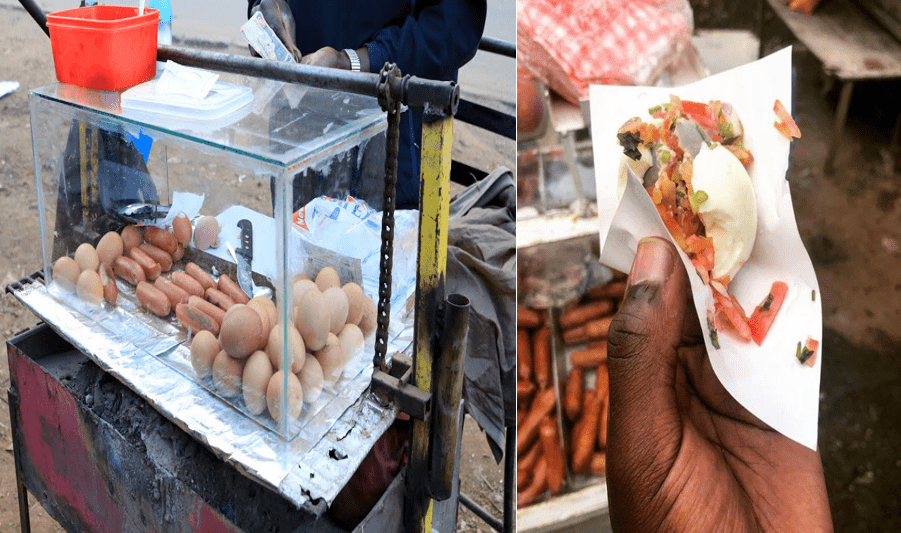Kenyans love quick roadside snacks such as mahindi choma, groundnuts, and boiled eggs. However, a new report has raised serious concerns about the safety of the boiled eggs sold in most urban areas — especially in Nairobi.
According to findings from a recent investigation, many of the eggs sold by street vendors are unsafe for human consumption. Samples collected from various streets in Nairobi and tested at Kenyatta National Hospital were found to be contaminated with disease-causing germs.
Contaminated Eggs Linked to Dangerous Bacteria
The tests revealed that the eggs contained Escherichia coli (E. coli) — a harmful bacteria known to cause diarrhea, intestinal infections, and dehydration. Experts warn that consuming such contaminated food poses a significant risk to public health.
Unsanitary Preparation Methods Exposed
Even more alarming are revelations from some of the egg vendors themselves. Speaking anonymously, a few sellers admitted that they boil the eggs using contaminated water drawn from the Nairobi River.
To make matters worse, some use burning car tyres as fuel, which releases toxic chemicals that can contaminate the eggs further.
Authorities Aware of the Problem
The Nairobi Metropolitan Services (NMS), led by Dr. Ouma Oluga, has acknowledged awareness of the issue and promised to implement measures to curb the unsafe practices.
Food safety expert Hosea Kandagor has also urged consumers to be cautious, warning that the presence of E. coli in street foods is a major health threat.
What Consumers Should Do
Kenyans are being advised to:
Buy boiled eggs only from trusted and hygienic vendors.
Avoid consuming food prepared under questionable conditions.
Wash hands thoroughly before and after eating.
Health officials continue to investigate the issue, but for now, Kenyans are urged to think twice before buying roadside boiled eggs.



